Tour de France 2023: Six key stages you need to watch in the men's race next July
Six stages where drama in the fight for the yellow jersey could unfold in the 110th edition of the Tour de France

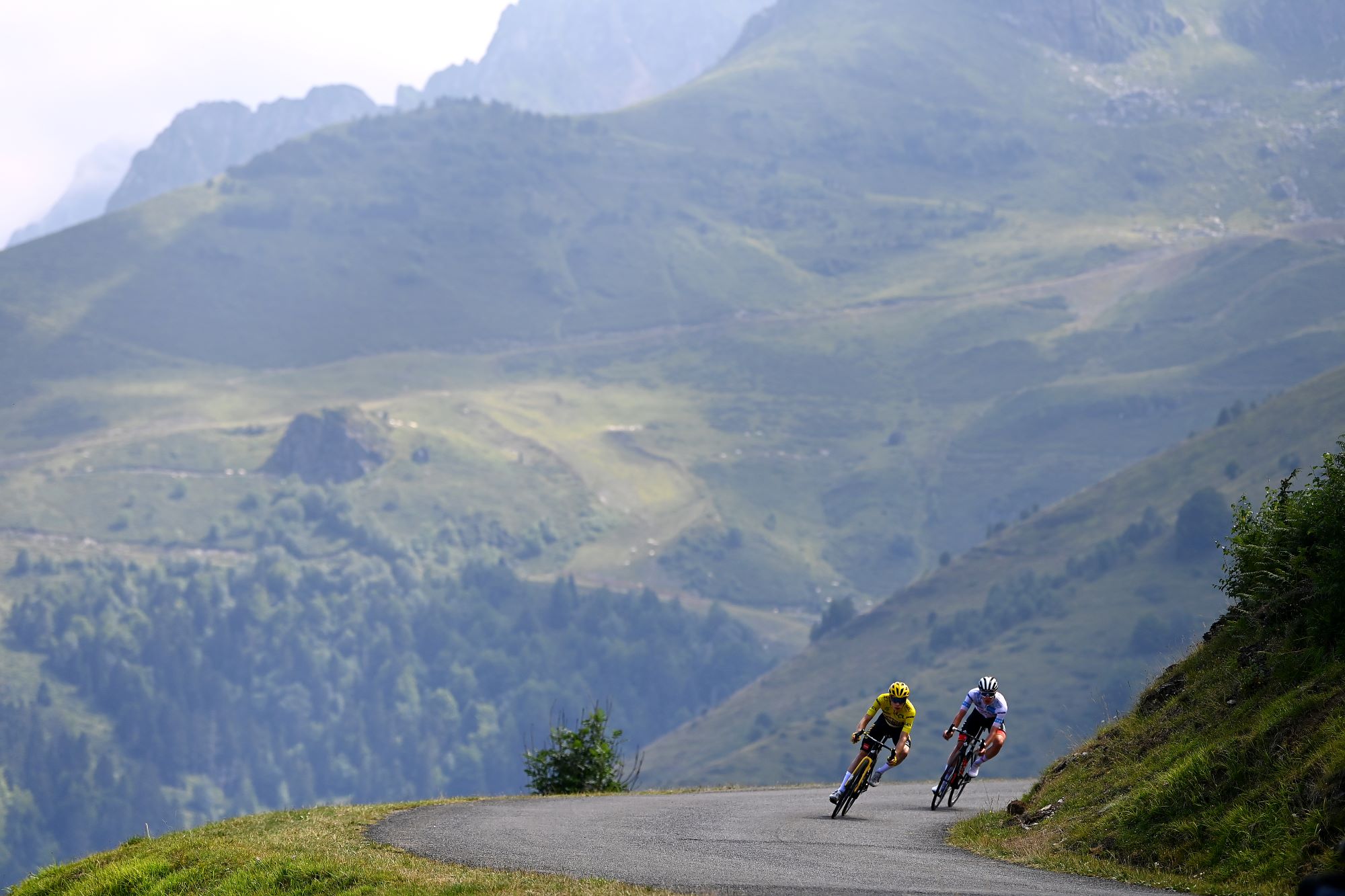
The 110th edition of the Tour de France will get underway in Bilbao in 2023 before wrapping up three weeks later in Paris.
Taking place between 1-23 July, the 3,404 kilometre route packs plenty of punches which includes stages in all five of the country’s mountain ranges. In total there are four summit finishes to contend with including a return to the iconic Puy de Dôme climb, and just one 22 kilometre individual time trial.
A Grand Départ in the Basque Country means plenty of drama in the opening few stages which riders of the mould of Julian Alaphilippe and Tom Pidcock will relish. After the race leaves the Basque Country, it then moves through the Pyrenees and into France with a sprint finish in Bordeaux before returning to the mountains.
At the grand unveiling of the route, race director Christian Prudhomme called it "one for the climbers" as the multiple summit finishes and steep roads were revealed. With that considered, it makes it highly likely that riders such as Remco Evenepoel, Geraint Thomas and Primoz Roglič will head to the Giro d’Italia next year with Jonas Vingegaard and Tadej Pogačar expected to lock horns in France.
The big surprise was that there is no final weekend time trial as was widely expected, and no team time trial as was rumoured beforehand.
Here are the six key stages where we predict early drama to take place as well as battles between the overall favourites throughout the three weeks.
STAGE TWO: VITORIA-GASTEIZ - SAN SEBASTIAN 210 km
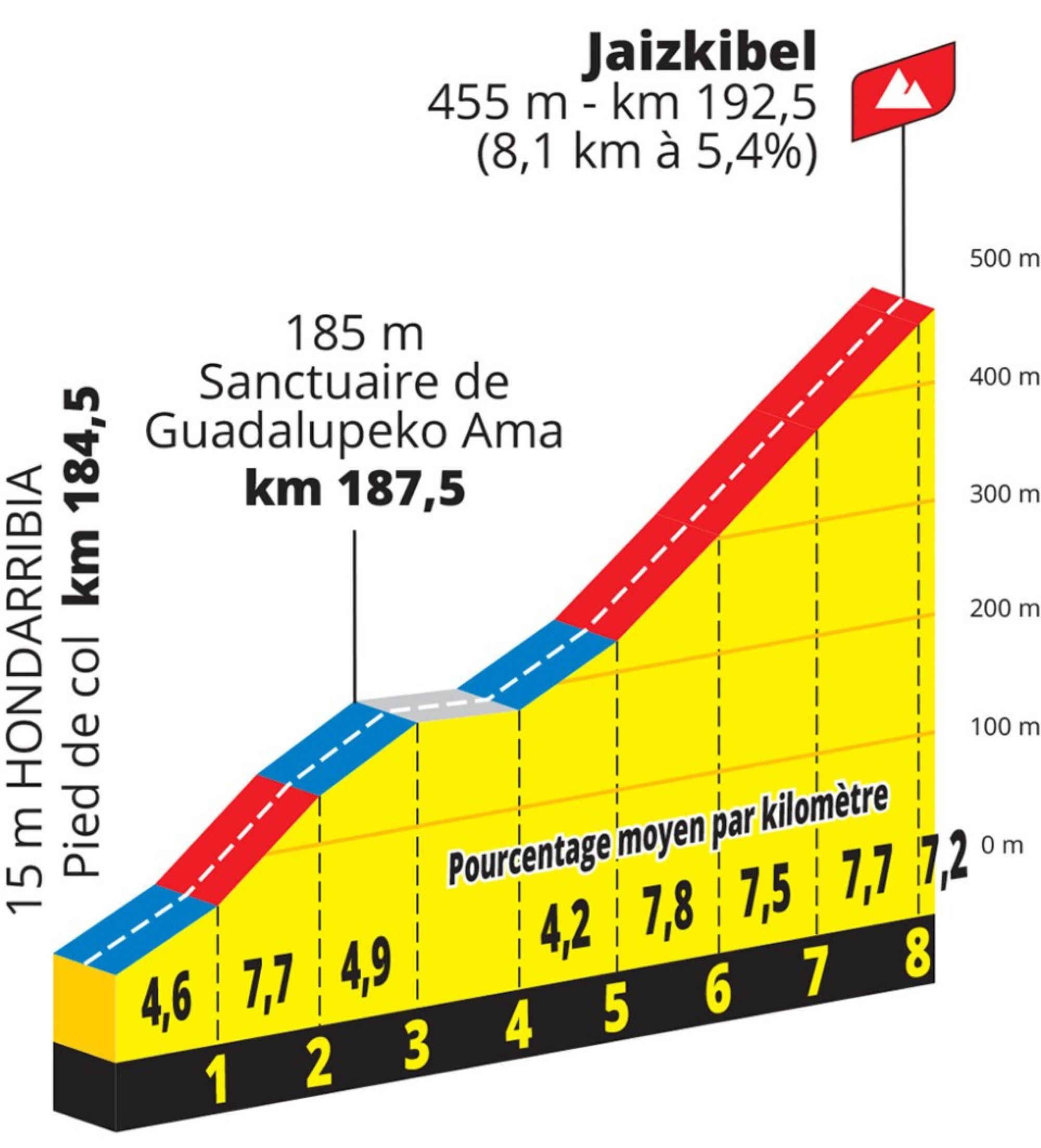
Stage two is undoubtedly one for the puncheurs featuring many of the climbs associated with the Clasica San Sebastian.
The latest race content, interviews, features, reviews and expert buying guides, direct to your inbox!
The 210 kilometre stage includes the Cote d’Aztiria, Cote d’Alkiza as well as the infamous Jaizkibel climb where the Basque fans will be out in full force. At 8.1 kilometres, the Jaizkibel is a nasty little ramp with sections touching eight per cent which the riders will have to contend with before speeding towards the finish.
In August, Remco Evenepoel cut his way through a sea of fireworks, beer and screaming fans as he sped towards a second Klasikoa title on the Jaizkibel. Next July, expect a rider of the calibre of Julian Alaphilippe, Wout Van Aert or Matej Mohoric to be right in contention on stage two of the Tour.
STAGE SIX: TARBES - CAUTERETS-CAMBASQUE 145 km
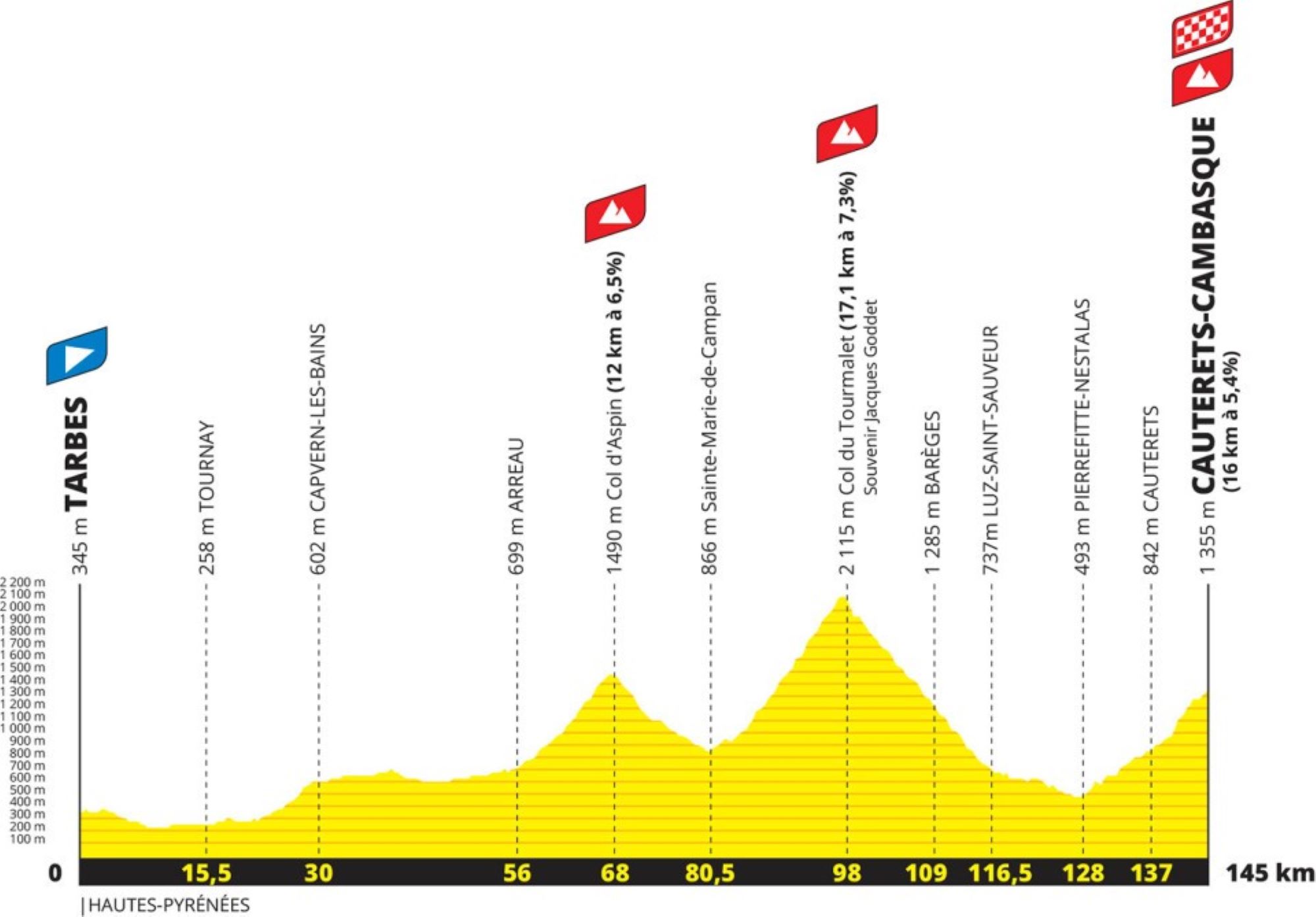
Stage six sees the mighty Col du Tourmalet return to the Tour with the prize of the Souvenir Jacques Goddet, awarded to the first rider to cross the top of the Tourmalet, at the summit.
At just 145 kilometres, it includes three huge climbs including the well-known Col d’Aspin, the Col du Tourmalet and the first summit finish of the 2023 edition at Cauterets-Cambasque. The climb up to the finish is 16 kilometres in length with an average gradient of just 5.4%. However, the final three kilometres pitch all the way up to 10% meaning serious damage could be done in those final three kilometres alone.
Tadej Pogačar’s teammate Rafal Majka won the last time the race visited Cauterets in 2015. The stage may come too early for a GC battle this year, so expect a climber to win from a breakaway in similar style to Majka’s victory. Arka-Samsic's Warren Barguil could be a surprise favourite on a stage such as this.
STAGE NINE: SAINT-LÉONARD-DE-NOBLAT - PUY DE DǑME 184 km
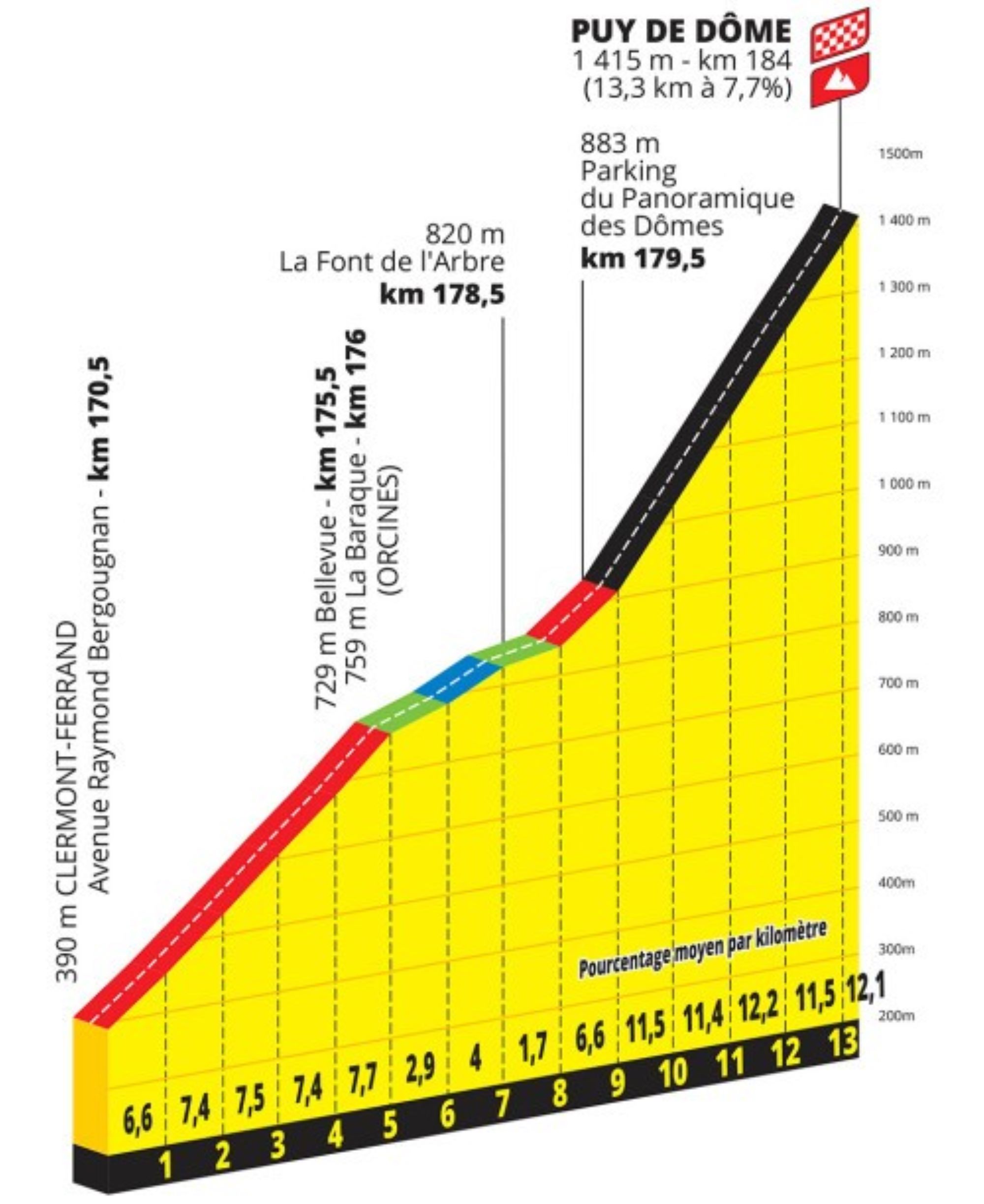
After much speculation, it was finally confirmed in October that the iconic Puy de Dôme mountain would be returning to the French grand tour in 2023 for the first time since 1988.
The 1,465 metre dormant volcano, located in the heart of the Massif Central will provide a horrific test of strength and endurance at the end of stage nine. It may also perhaps provide the first major general classification showdown. At 13.3 kilometres in length, with an average gradient of 7.7% it’s a climb that Vingegaard and Pogačar will both want to win on to add to their already glittering palmares.
In 1964, the final climb was the site of a legendary duel between five time winner Jacques Anquetil and Raymond Poulidor. Eddy Merckx was also punched there in 1975 by a spectator tired of the Belgian's dominance.
Whoever has their arms in the air celebrating victory on stage nine will firmly write their name into cycling and Tour de France folklore.
STAGE 14: ANNEMASSE - MORZINE LES PORTES DU SOLEIL 152 km

Stage 14 has all the makings of a savage day on the bike with a consistently up and down parcours.
There is a grand total of 4,200 metres of elevation stacked within the 152 kilometre stage. The day includes six climbs, which includes the gruelling Col de la Ramaz before the brutal Col de Joux Plane, followed by the fast and furious descent into Morzine.
Due to the technicalities of the descent, any time gap at the top of the climb could be devastating, as only the bravest of descenders would dare to force a gap on the downhill run into Morzine.
With stage 15 and another summit finish to come, will the riders at the sharp end of the general classification be willing to sacrifice everything with such a tough day still to come?
STAGE 15: LES GETS - MONT BLANC 180 km
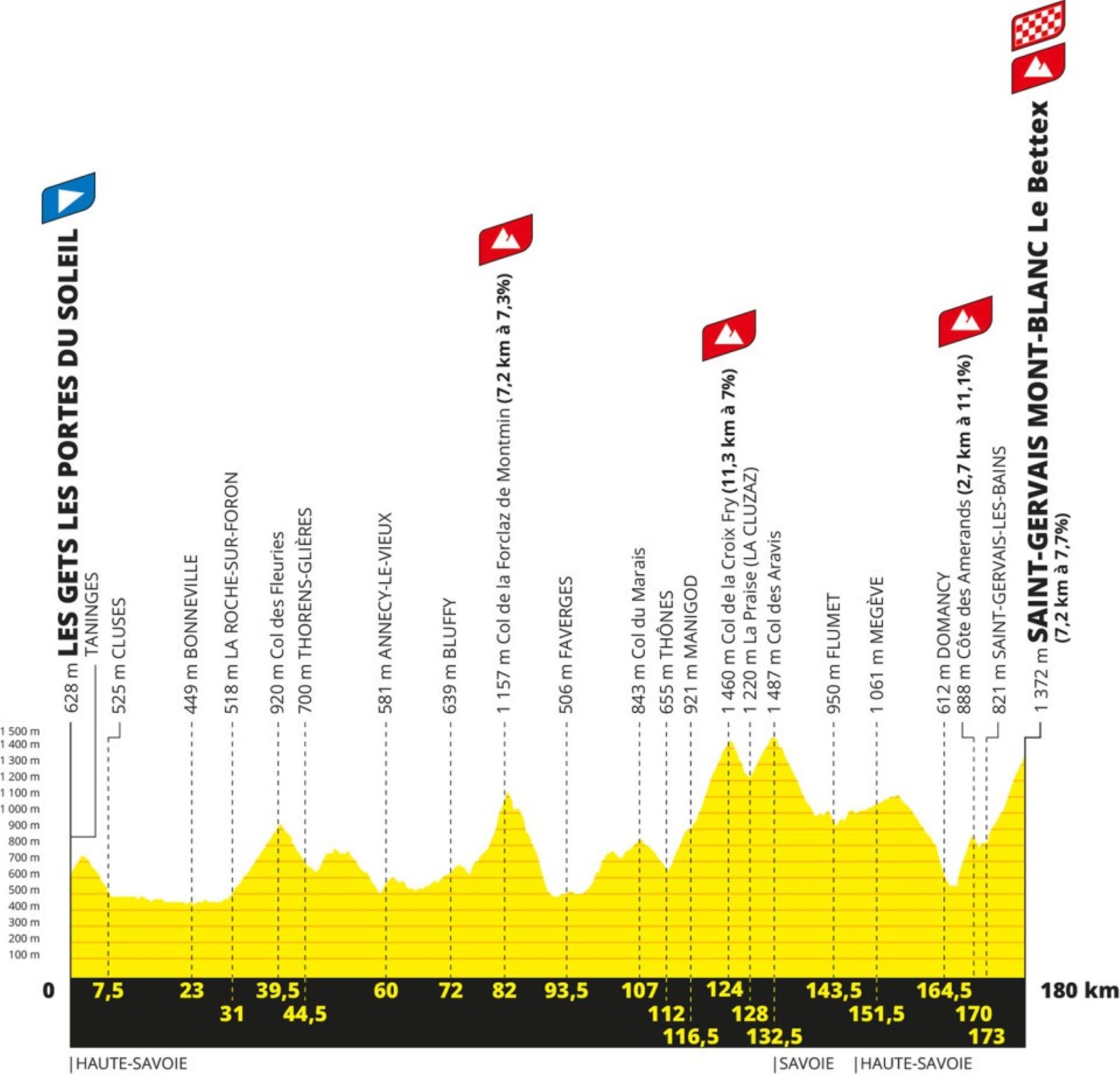
A gruelling Alpine weekend draws to a close with a 180 kilometre long test which concludes on the slopes of Mont Blanc.
The ride through the Haute-Savoie includes the trio of the Col de la Forclaz, the Croix Fry and the Col des Aravis. With that demanding trio out of the way, it’s onto the slopes of the final climb which begins with the 11% Côte des Amerands. As the riders crest the Amerands the road goes sharply upwards with sections touching 17% according to the organisers.
Either way, it’s one for the pure climbers once again and will inevitably provide a GC showdown.
STAGE 17: SAINT GERVAIS-MONT BLANC - COURCHEVEL 166 km
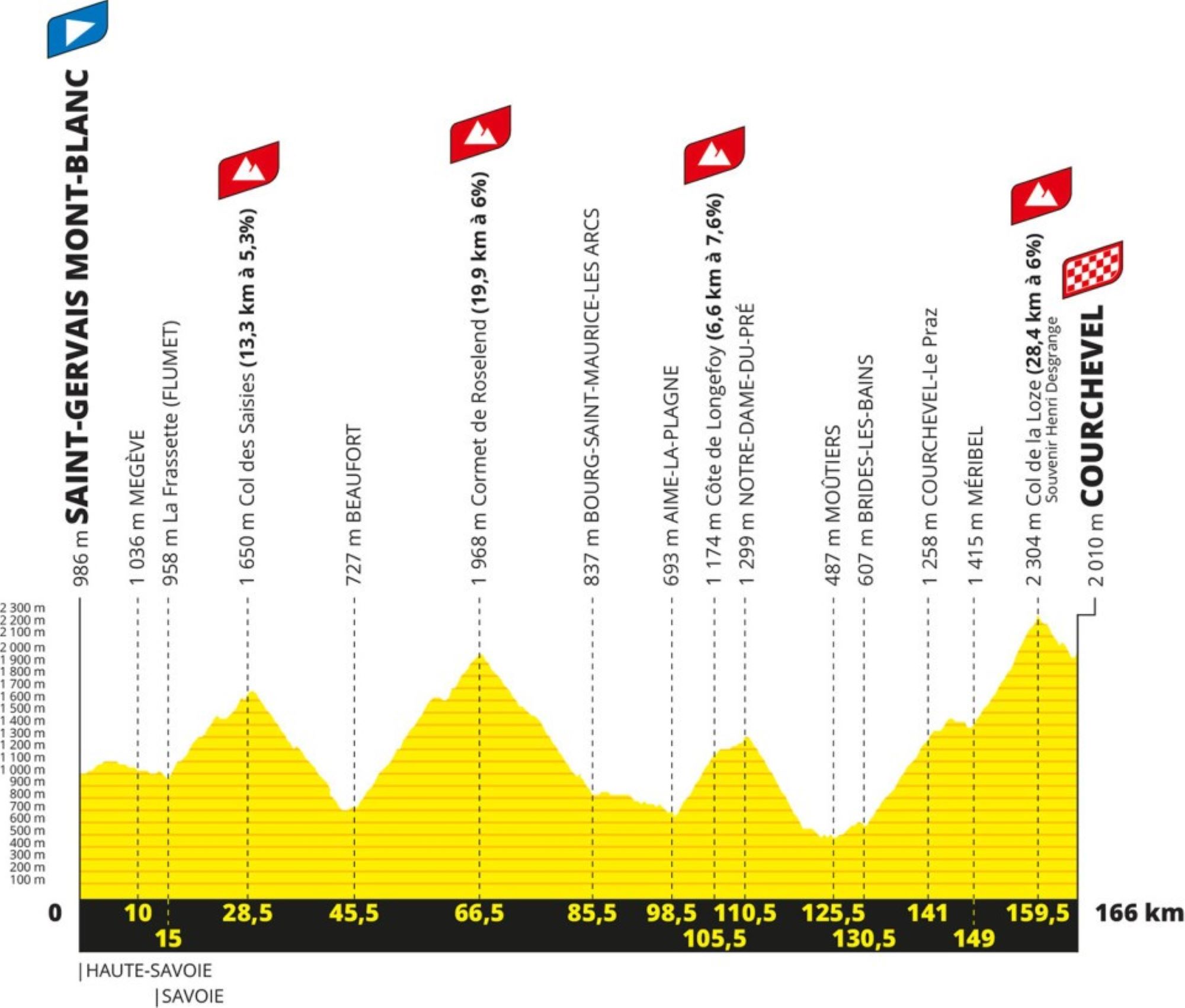
The high mountains continue on stage 17 with the mighty Col de la Loze on the menu. It’s arguably the Queen Stage of the 2023 edition with the Cormet de Roselend, the Col des Saisies and the Col de la Loze all playing a major role in proceedings.
With its inconsistent gradients and sections touching 20%, the 2,304 metre Col de la Loze is a beyond fearsome climb which is enough to strike fear into even the most talented of climbers.
The 2020 Tour included a summit finish at the top of the climb. Miguel Ángel López took the stage honours that day and another South American, Richard Carapaz, came unstuck on the slopes of the Loze after a gruelling day in the breakaway.
The Souvenir Henri Desgrange, awarded to the first person over the peak of the Tour, is at the top of the climb, and is a fitting prize to go with the stage win for whoever crosses the line first at Courchevel.
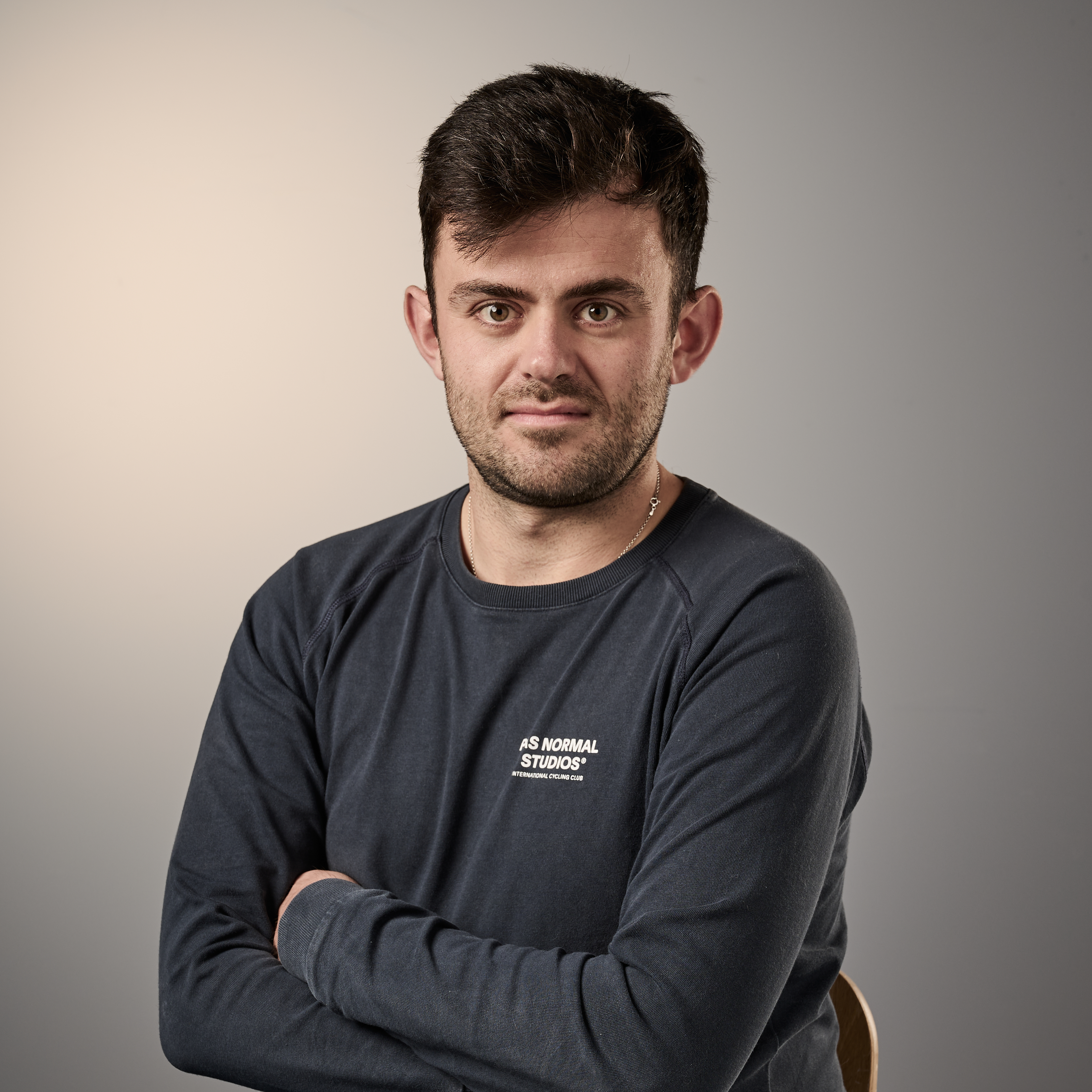
After previously working in higher education, Tom joined Cycling Weekly in 2022 and hasn't looked back. He's been covering professional cycling ever since; reporting on the ground from some of the sport's biggest races and events, including the Tour de France, Paris-Roubaix and the World Championships. His earliest memory of a bike race is watching the Tour on holiday in the early 2000's in the south of France - he even made it on to the podium in Pau afterwards. His favourite place that cycling has taken him is Montréal in Canada.